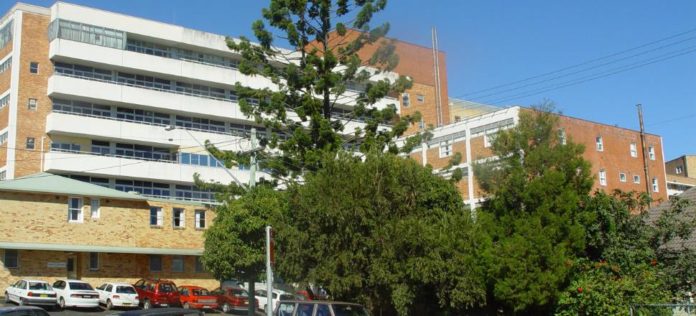
Cash-strapped hospitals face FBT threat
Public hospitals could be hit by tax concession changes that would undermine their ability to attract and retain staff, the AMA has warned.
AMA Vice President Dr Stephen Parnis has urged the Abbott Government to proceed cautiously amid speculation that hospitals are being targeted to have their fringe benefit tax concessions reduced or abolished in next week’s Federal Budget.
Dr Parnis said public hospitals relied heavily on the concessions to help them compete with the private sector in recruiting and retaining doctors and other highly trained staff.
“Traditionally, public hospitals have been a less attractive area of practice for doctors because private sector work generally attracts greater remuneration when compared with the salaries and conditions available to most doctors who work primarily in public hospitals,” he said. “Ill-conceived and rushed reforms could significantly affect the ability of public hospitals to recruit and retain staff.”
Even before any tax concession changes are made, there is mounting evidence that the public hospital system is under strain.
The AMA’s Public Hospital Report Card, released a day before Prime Minister Tony Abbott met with the nation’s premiers and chief ministers, showed that elective surgery waiting times remain stubbornly high (for the fourth year in a row the national median waiting time in 2013-14 was 36 days), admission delays remain unsatisfactory and the proportion of beds per population is shrinking.
Hospitals are missing key performance targets even before major Commonwealth funding cuts hit. In last year’s Budget the Government announced changes that Treasury figures show will rip $57 billion out of the public hospital system in the next 10 years.
AMA President Associate Professor Brian Owler warned the looming funding cuts would create “a perfect storm” for public hospitals already struggling to cope, and would cause patient waiting times to blow out.
“Public hospitals and their staff will be placed under enormous stress and pressure, and patients will be forced to wait longer for their treatment and care,” he said. “Funding is clearly inadequate to achieve the capacity needed to meet the demands being placed on public hospitals.”
Hopes of short-term funding relief for cash-strapped public hospitals were dashed when a meeting of the nation’s political leaders last month decided to defer discussions on the issue to a special retreat to be held in July.
Indicating that there will be little new spending on public hospitals in next week’s federal Budget, Mr Abbott convinced his State and Territory counterparts to delay talks on health financing for consideration as part of proposals to reform the Federation.
Mr Abbott said the country needed to take a “very holistic look” at the way it funded public hospitals to ensure “we get the best possible value for our dollar, because we’re under pressure”.
“Sure, the states and territories are under pressure for their hospital funding, but we’re under pressure for our tax take,” the Prime Minister said. “No-one is volunteering to pay more tax. So, we need to handle this in a way which acknowledges the need for ever-better health services, but which also appreciates that resources are not unlimited, and that’s what we want to be able to discuss in an honest and candid and collegial way as part of the leaders retreat later on in July.”
In a letter to Assistant Treasurer Josh Frydenburg, Dr Parnis urged the Government to take a similarly considered approach to any change to hospital tax concessions.
He said the current framework of concessions have developed over 25 years to support the ability of hospitals to recruit and hold on to high-quality staff.
He warned any watering down of FBT or other tax concessions would hit regional hospitals particularly hard.
The Federal Government has already initiated a review of the overall tax system, and Dr Parnis said there should not be any pre-emptive changes to tax arrangements until the process had “run its course”.
“It would be premature for the Government to do anything until this work is completed, [and] it would be disruptive and counterproductive to hit the overburdened public hospital sector with another Budget shock,” the AMA Vice President said
